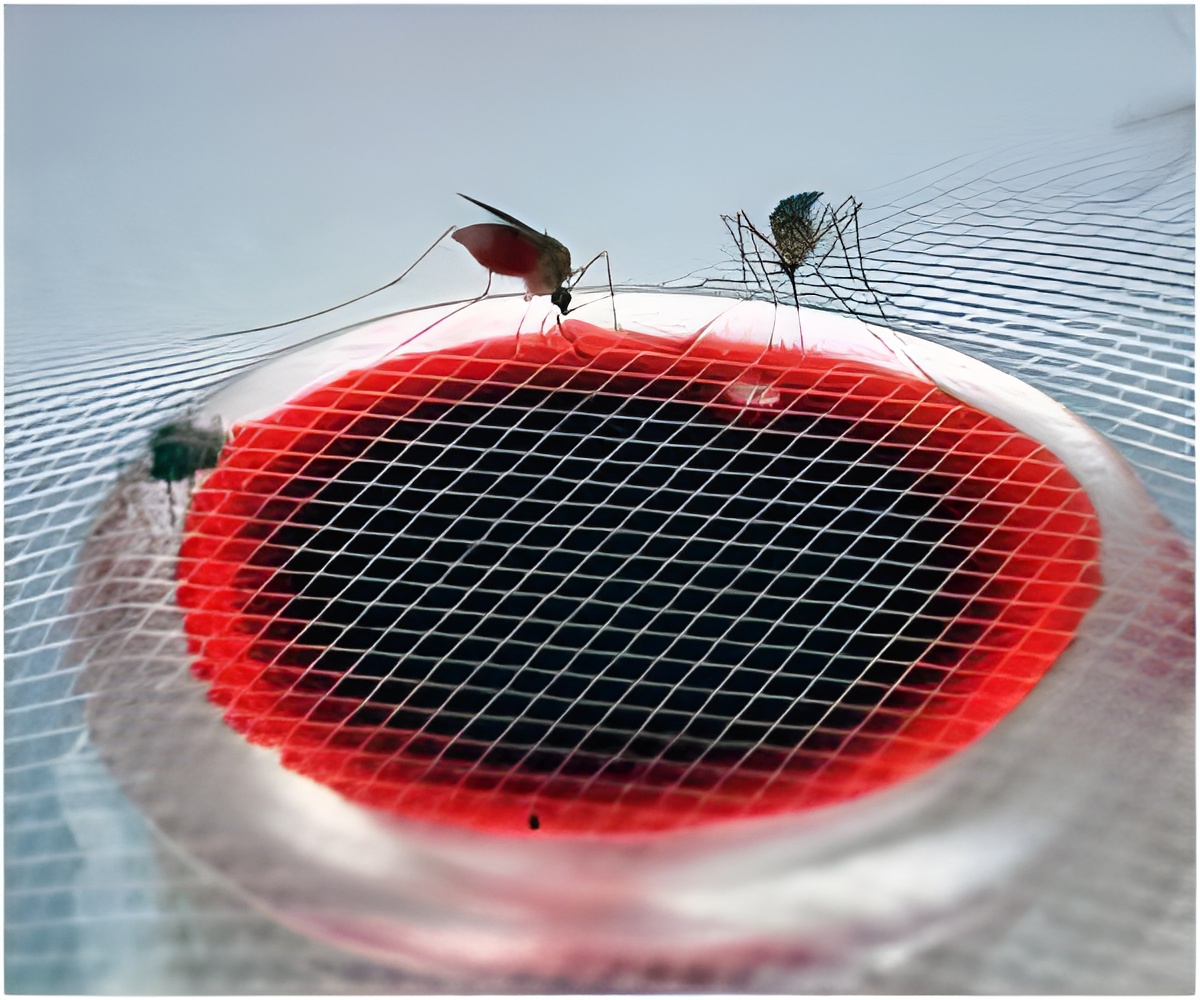
After the bite occurs, infectious malaria parasites in the immature, sporozoite stage of their life cycle travel to the liver, where they multiply and then spread to the rest of the body through the bloodstream.
Researchers led by Stephen L. Hoffman, M.D., of Sanaria Inc., in Rockville, Md., created a candidate malaria vaccine against Plasmodium falciparum, the most deadly of the malaria parasites, by purifying these sporozoites and then weakening them with radiation.
In a clinical trial involving 80 healthy adult volunteers, the vaccine, called PfSPZ, was found to be safe and to induce a small immune response when given either intradermally (into the skin) or subcutaneously (under the skin).
Specifically, the results of the animal studies indicate that delivering PfSPZ intravenously, or directly into the bloodstream, may induce a significantly stronger immune response in the liver than subcutaneous or intradermal administration and thus may have a much greater effect in actually preventing malaria.
The findings were published online September 8 in Science Express.
Advertisement












